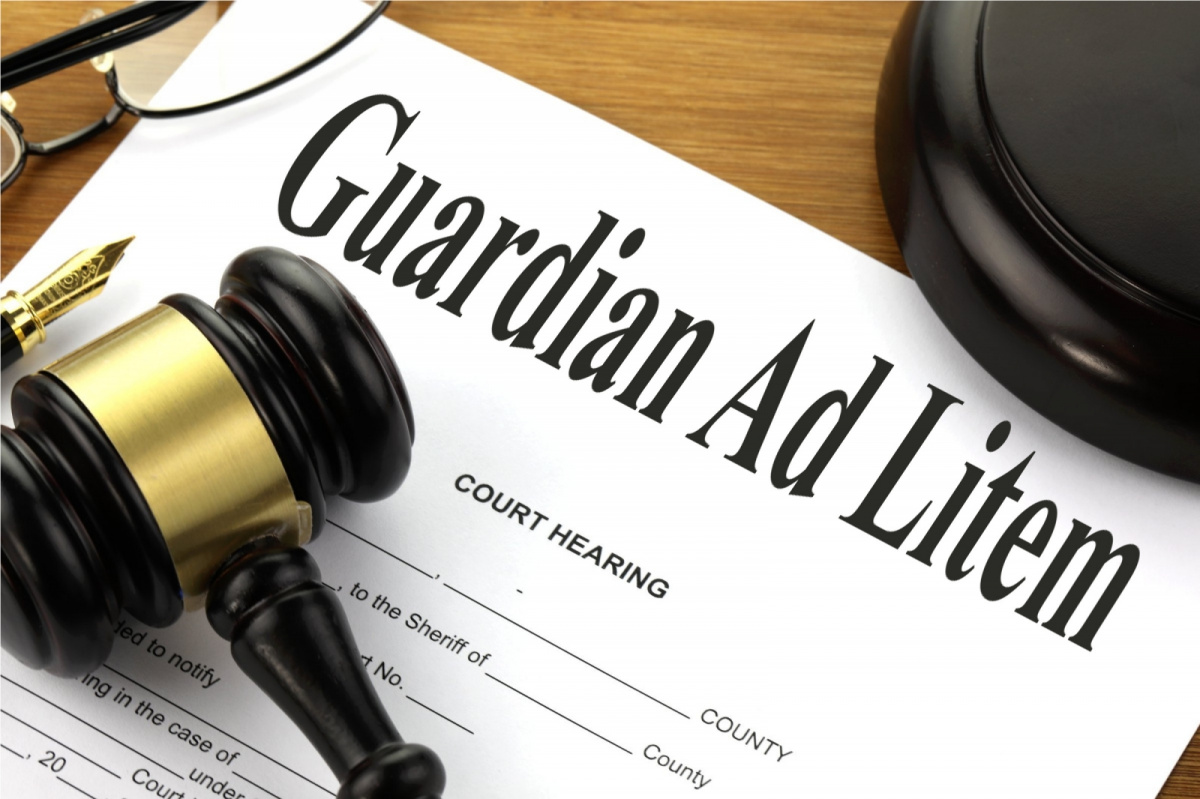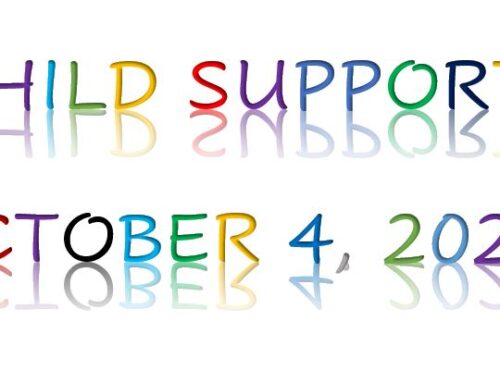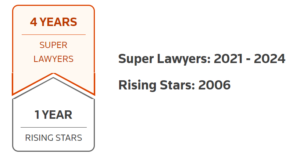In consultations with clients, I frequently have to explain what a Guardian ad litem (GAL) is, does, and how they do it, enough that the subject is deserving of its own blog post.
Most people think of a guardian as someone who acts on behalf of an incapacitated person. For example, Britney Spears’ guardianship saga is what most people call to mind when they hear the term “guardian.” But that type of guardianship is different from what is involved in Massachusetts child custody cases where a GAL is appointed. In fact, GALs in the context of domestic relations contested custody matters are a universe apart from the image most people conjure when confronted with the prospect of engaging a GAL.
The role of the GAL about which this short article is concerned, is to help provide information regarding the best interests of a child when the parents cannot agree on the issues of legal and/or physical custody. A GAL gathers information from the parties, from certain collateral contacts, and from the children, then consolidates that information into a coherent report for use at trial. When the court asks a GAL to do so, which the court usually—but not always—does, the GAL will include recommendations as to child custody in the GAL report. If not asked to do so, a GAL is not supposed to offer his or her opinion on the matter, but will write a report as to their investigation or evaluation, which will not include custodial recommendations.
One may note the differing use of the terms “investigation” and “evaluation.” These terms exist because there are different categories of GALs who are appointed by the probate and family court to look into the facts and circumstances of a case. The so-called “Category F” GAL can be a lawyer, or a person trained in social work or psychology or psychiatry, who is tasked with investigating and reporting back to the court. A “Category E” GAL also reports facts and circumstances of the case but must be qualified to offer clinical observations as well. Category E GALs are often appointed when there are psychological, substance abuse, or mental health issues present in a case.
Once a GAL writes a report, the parties may read it, but the reports are impounded by the court, and may not be copied in any way. Parents may not receive a copy of the report. The reasoning behind impounding GAL reports is that these reports often deal with sensitive information involving parties and their children, and which is kept as private as possible within the context of litigation.
As previously mentioned, the GAL will speak with the parties, the children and will often, if not always, observe the children during parenting time with each party. A GAL will usually visit the home or dwelling of each party and will observe a person’s reaction to questions, issues and circumstances that may arise, using certain techniques, such as the form of questions, with parties or sources depending on the issues at hand and the age of the source. A GAL is required to have specific training and is expected to be mindful of the developmental stages of children and how to gather information from them in an age-appropriate manner. From my experience, GALs are not created equal. I have seen superior reports and inadequate reports. I have seen investigations or evaluations that I have thought to be thorough and well-written and some that were substandard.
What the court will do with the report, once it is written and submitted, varies from judge to judge. Technically speaking, the report is not “evidence” until trial. Moreover, judges are in no way bound to follow the recommendations of a GAL but are free to make custodial determinations based upon the totality of evidence at trial including, but not limited to, the GALs findings and recommendations.
In short, the subject of the role and work of GALs in the context of contested child custody cases is a matter about which much more can be written and is beyond the scope of a short blog article. But it is essential that those who are involved in a contested custody case have an advocate who is skilled and experienced at working with GALs, as well as examining them at trial, both in the context of being a proponent of the GALs work or deconstructing it when it is contrary to a conclusion supported by the evidence and the best interests of the children.
DiPiano Family Law Group, P.C. has that skill and experience and may be able to help you or someone you know if they are involved in child custody litigation.
#guardianadlitem #gal #guardian #britneyspearsguardianship #massachusettschildcustodycases #domesticrelations #contestedcustodymatters #bestinterestsofachild #legalcustody #physicalcustody #investigation #evaluation #probateandfamilycourt #categoryf #categorye #litigation #parentingtime #evidence #custodialdeterminations #totalityofevidence #galfindings #galrecommendations #skilledadvocate #experiencedadvocate #childcustodylitigation
Guardian ad litem by Nick Youngson CC BY-SA 3.0 Pix4free









